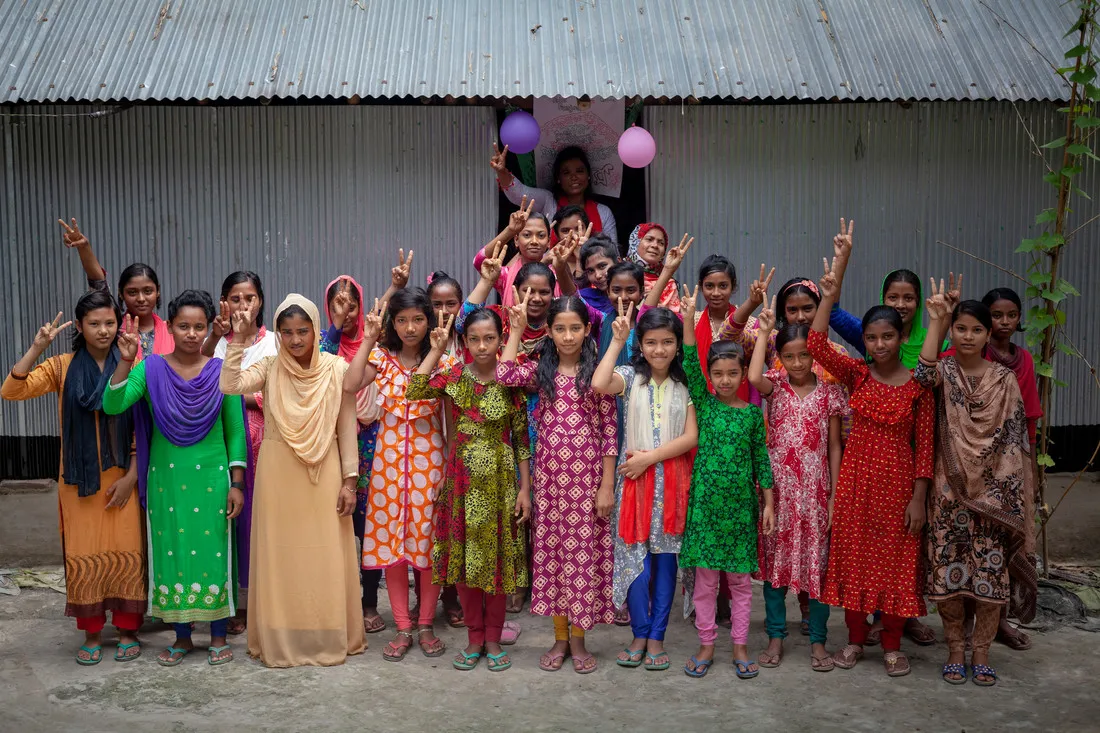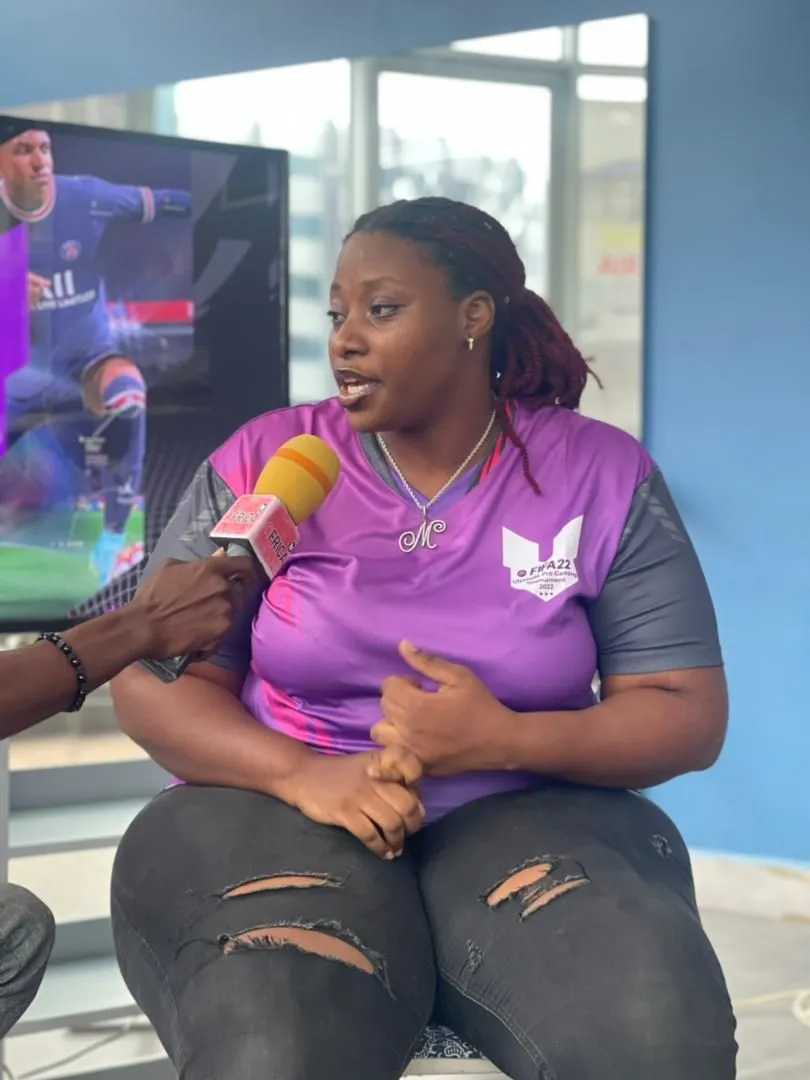These norms are part of what led Imane “eNami” Amzil to believe that her childhood interest in gaming would never become her career.
“I went from playing video games on my own to working in esports,” says the pro-esports athlete based in Fès-Meknès, Morocco.
As a teenager, Imane took a greater interest in gaming, playing League of Legends for years before moving on to Valorant, which she currently plays. As a university student, she founded the tournament company Leagues of Morocco, organizing gaming tournaments on university campuses and across the country.
Now, as an esports specialist, Imane has progressed to on-air hosting and team and player management in the Middle East and North Africa esports scene. While she’s worked with brands including Calyx, ESL Gaming, and the Saudi Esports Federation, Imane says one of the biggest challenges women face is being doubted and undermined.
“For women [gamers], it’s hard… I have proven myself through the years, but I still have to prove myself more,” Imane says.
“I think it’s because men aren’t ready to have women in ‘their’ spaces.”
For the last decade, Tipping Point has been working to help men and boys understand that there’s no such thing as “their spaces.” — and that they should be allies while girls and women learn about their rights and take up space.
The initiative educates young women and girls about their rights and sexual health, boosts their confidence, connects them with local resources and support, and engages their families and communities in learning and behavior change.
Despite the pushback she gets, Imane continues promoting women in gaming through her role as an ambassador for Women In Games, a nonprofit working to create a gaming culture and community free of gender discrimination.
She also shares what keeps her going: being surrounded by other women gamers, especially during all-women tournaments such as VALORANT Game Changers EMEA, involving players from Europe, the Middle East, and Africa.
“It’s a very wholesome [environment] overall. Whether it’s the players or the people working at the tournament, they make it so worth it.”
Leading by example





